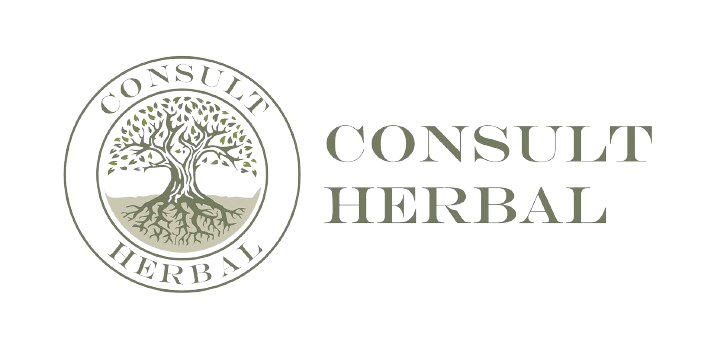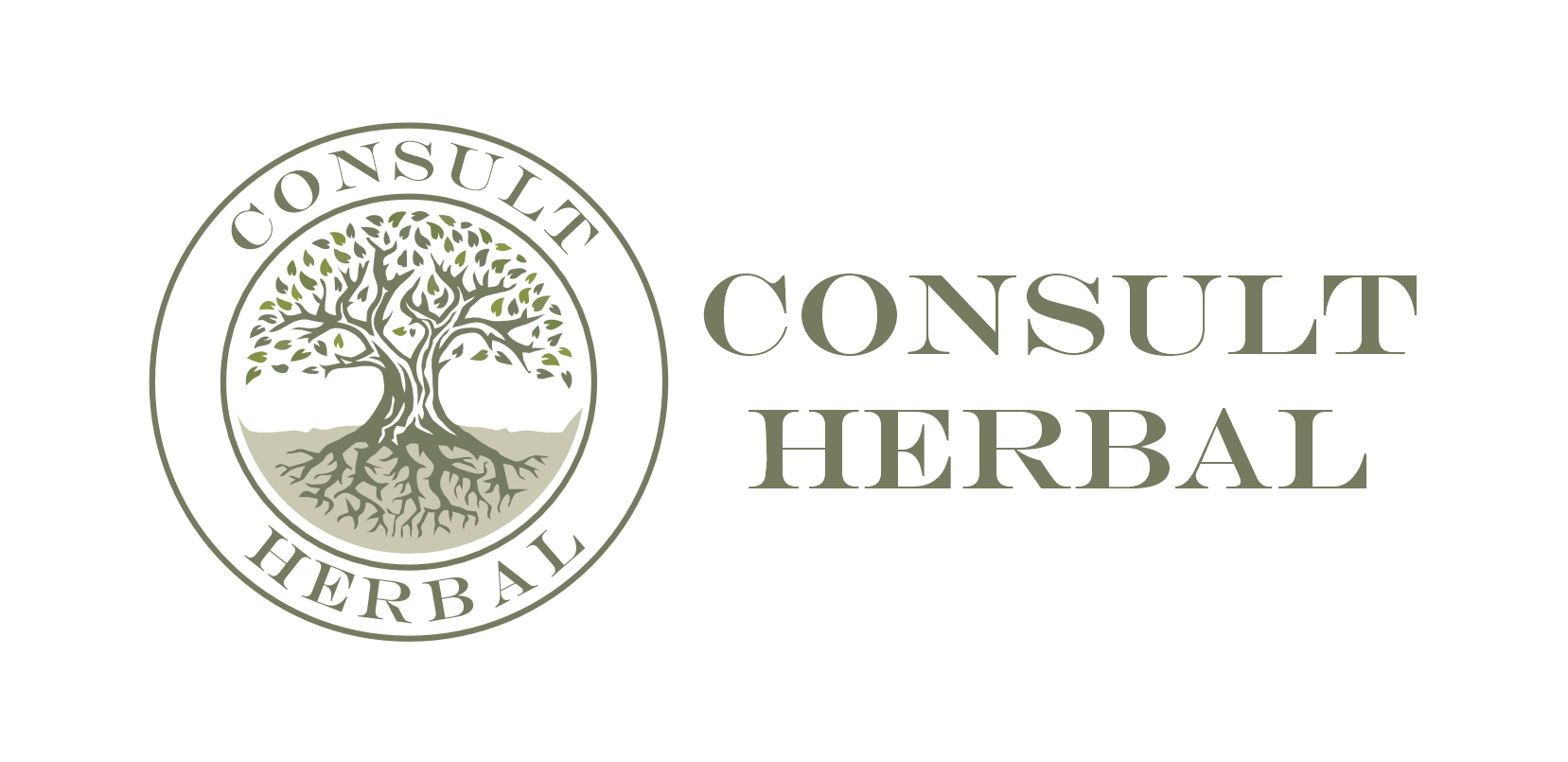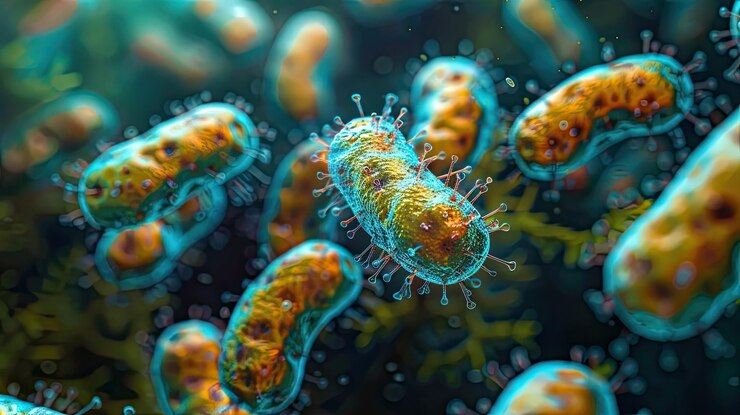Listeria monocytogenes is a type of bacteria responsible for listeriosis, a serious foodborne illness that can affect individuals with weakened immune systems, pregnant women, newborns, and the elderly. While antibiotics remain the primary treatment for severe listeria infections, especially during pregnancy or systemic involvement, natural remedies can offer supportive benefits to strengthen the immune system and complement medical care. It’s vital to note that natural treatments should never replace professional medical intervention but can play a valuable supportive role.
Understanding Listeria and Its Risks
Listeria is commonly found in unpasteurized dairy products, deli meats, soft cheeses, and undercooked animal products. Symptoms can range from mild flu-like signs—such as fever, muscle aches, and nausea—to more serious complications, including meningitis or miscarriage in pregnant women. Early detection and treatment are crucial.
Herbal and Natural Support for Listeria
1. Garlic (Allium sativum):
Garlic is renowned for its broad-spectrum antimicrobial properties. Allicin, the active compound in garlic, has been shown in various studies to inhibit the growth of harmful bacteria, including Listeria monocytogenes. Consuming raw garlic or a high-quality supplement may help support the body’s fight against infection.
2. Goldenseal (Hydrastis canadensis):
Goldenseal is a powerful antimicrobial herb containing berberine, a compound known to possess antibacterial effects. It may help bolster the immune response and reduce bacterial proliferation. Use with caution, as goldenseal can be potent and is not recommended for long-term use or during pregnancy.
3. Oregano Oil:
Oregano essential oil contains carvacrol and thymol, two compounds with significant antibacterial activity. Studies have demonstrated oregano oil’s effectiveness in combating foodborne pathogens, including Listeria. A few drops diluted in a carrier oil or water (under professional supervision) can provide a natural immune boost.
4. Probiotics:
Probiotic-rich foods like kefir, yogurt (pasteurized if pregnant), and fermented vegetables can help restore gut flora balance. A healthy microbiome supports overall immune function, helping the body resist and recover from infections.
5. Vitamin C and Zinc:
These essential nutrients play a crucial role in immune health. Vitamin C enhances white blood cell function, while zinc supports immune system signaling. Natural sources include citrus fruits, leafy greens, pumpkin seeds, and legumes.
Prevention and Lifestyle Support
- Clean food thoroughly: Proper washing and cooking of food significantly reduces the risk of listeria exposure.
- Avoid high-risk foods during pregnancy: Unpasteurized dairy and deli meats are common sources.
- Stay hydrated and well-rested: A strong immune system starts with basic self-care.
A Word of Caution
While natural remedies can support immune function, listeriosis is a serious illness that should always be treated under medical supervision. Pregnant women, immunocompromised individuals, and those experiencing severe symptoms should seek immediate medical care. Herbal treatments can be used in conjunction with conventional therapy to support healing and resilience.
For personalized herbal support or guidance on immune-boosting protocols, contact me for a online consultation today.


